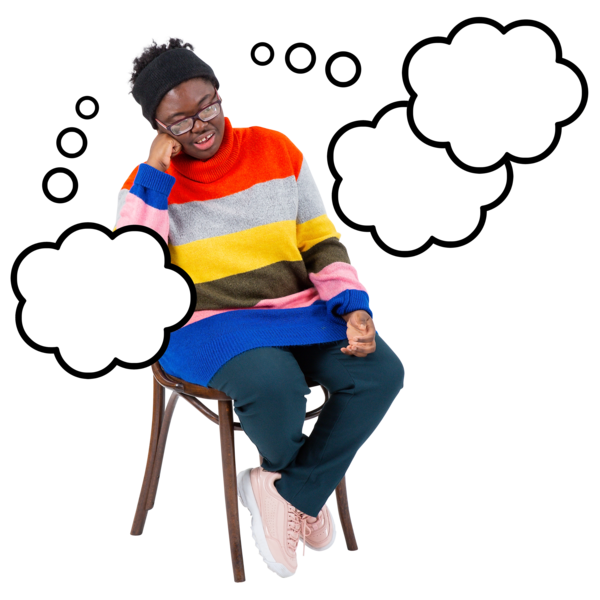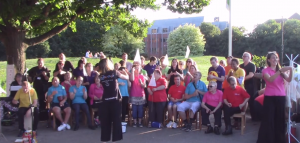How are you?
The world feels alien to lots of people right now.

Covid 19 affects everyone in some way, no matter who you are, where you live, what you normally do, your beliefs, your status in society – Covid 19 doesn’t care about any of that.
And so, in some ways this pandemic brings parity. Living with unprecedented restrictions right across society puts us all in the same boat.
Okay, there are still differences. Some people are out on the deck toiling away as the storm hits us, some are upfront navigating a path through the chaos, some confined to the sickbay, some making sure passengers are still fed and entertained, some hiding away in their cabin. But basically, we are in this together. We are all being thrown about by unfamiliar and unpredictable forces. No one is in their comfort zone.
People with Special Educational Needs and Disabilities (SEND) are pretty much always weathering a storm. And other marginalised groups too – the elderly for example – always trying to make sense of a world that communicates so differently to what they knew. The usual world order does not necessarily offer them a welcoming place in which to live and interact.

For these people can the pandemic bring some parity and increased understanding? And if so, what long-lasting changes can society make to sustain the positive aspects of this moment of clarity?
I have one neurotypical (standard) son and one who has a blend of SEND. Guess who is struggling the most during the lockdown? It’s the neurotypical one.
What I’ve noticed is other people now facing some of the struggles my son with SEND regularly faces. He is never really in his comfort zone, so the surreal Covid 19 world doesn’t feel too distant from his usual world.

For example, he can find conventional verbal and/or physical greetings or goodbyes quite difficult. He can feel especially awkward and unsure of what to do if he sees people he knows out of the usual context. But now nearly all of us feel this. Almost everything and everyone is out of its usual context. Many people are only truly comfortable at home. And most feel awkward about how we greet each other if we do see someone, even people we know well.
Then we look at strangers on the street when we go out for our daily exercise and we can’t tell by looking at their faces if they are a threat to us. Covid 19 doesn’t show itself in facial expression. And so, without that knowledge, we may feel anxious. We may not find the time to smile at people because our mind may be in a heightened state of alert. Are we 2 meters away, should we cross the road, should we walk faster? These kinds of thoughts can be overwhelming.

Busy thoughts are quite common amongst people with autism and anxiety. They may not know how to interpret facial expressions, they might feel threatened, and may not smile reciprocally – it doesn’t mean they are not thinking about you or wanting to connect with you. But they are sometimes overwhelmed by other sensations and distractions. Covid 19 has given us all an insight into this. People are turning to more virtual interactions during lockdown – the online world can seem more manageable than the real one. This is something many people with SEND can relate to.
An ex-colleague of mine recently wrote this on LinkedIn:


And this too reminds me of how the autistic mind can work. There can be a tendency to take things literally – asking questions to which they want a truthful answer, and giving honest and detailed answers themselves. So that ubiquitous and sometimes empty “how are you?” statement we so often make, and barely listen for the reply…well, that doesn’t really work for the autistic person! They might think you actually want to hear how they are! And who can blame them – surely they have got it right? They are genuine.

Here again, Covid 19 brings some parity. These days when we say “How are you”, guess what – we might actually mean it, and we probably even want to hear a truthful answer! And when I sign off this blog with ‘take care’ – I really mean that too.
Here’s a thought…once this storm subsides, we could continue to look out for our shipmates and hang onto the increased understanding, sincerity and parity we are experiencing now

‘Music is the most inclusive form of communication there is. The Include Choir sums up with a song‘
Take care.

Communications, Fundraising and Partnerships Lead
